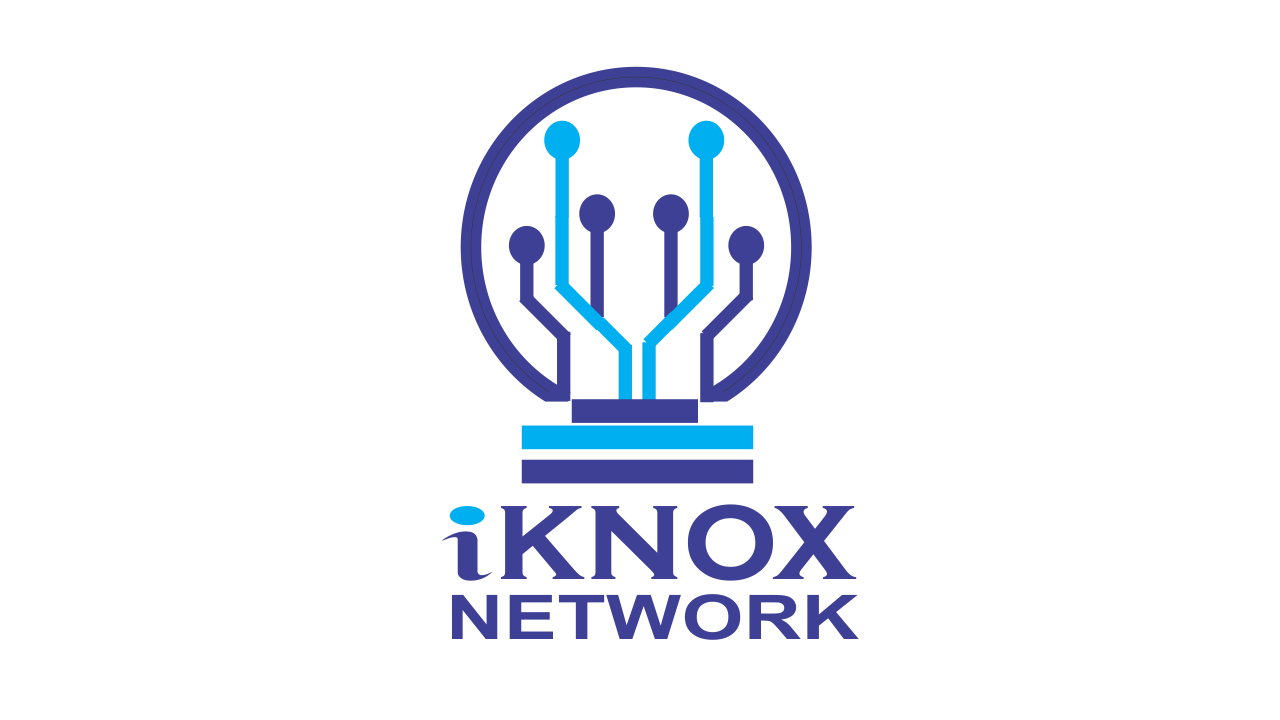Top 10 Resources to Promote your Online Business
In today’s digital landscape, establishing a strong online presence is not just advantageous but essential for the success of any business. Once you’ve identified the ideal product to sell online, promoting your business effectively becomes crucial for achieving success. Whether you’re launching a startup or seeking to expand an established enterprise, effective promotion strategies can make all the difference. This blog post explores ten indispensable resources that can help you effectively promote your online business. They will also ensure visibility, engagement, and ultimately, growth of your online business.

1. Social Media Platforms
Social media remains a cornerstone of modern marketing strategies. Platforms like Facebook, Instagram, Twitter, LinkedIn, and TikTok offer unparalleled opportunities to connect with diverse audiences. Each platform has its strengths. Facebook is for community building. Instagram for visual storytelling, Twitter for real-time updates, LinkedIn for professional networking, and TikTok for engaging video content. By tailoring your content to each platform and leveraging features like ads, stories, and live streams, you can engage directly with your target demographic. You can also build brand loyalty, and drive traffic to your website, and thereby promote your online business.

2. Google My Business
For local businesses, Google My Business is a game-changer. It allows you to manage your business profile on Google Search and Maps. It makes it easier for potential customers to find you. By optimizing your listing with accurate information, photos, and customer reviews, you enhance your visibility in local searches and attract nearby consumers actively seeking your products or services.
3. Search Engine Optimization (SEO)
Search Engine Optimization (SEO) is the art and science of improving your website’s visibility in organic search engine results. Effective SEO involves strategic use of keywords, creating high-quality content, optimizing meta tags, improving site speed, and earning quality backlinks. Tools like Google Keyword Planner, SEMrush, and Ahrefs help you research keywords, analyze competitors, and track your SEO performance. By implementing best practices and staying updated on algorithm changes, you can attract organic traffic and improve your site’s authority over time.

4. Email Marketing
Email marketing remains a cornerstone of digital marketing due to its unparalleled ROI and ability to nurture leads and retain customers. Platforms like Mailchimp, Constant Contact, and ConvertKit enable businesses to create personalized email campaigns. These platforms also allow for automating workflows, segment audiences, and analyze campaign performance. By building and maintaining an engaged email list, you can deliver targeted messages effectively. Promoting new products or services through email marketing can drive conversions and boost sales.
5. Content Marketing
Content marketing focuses on creating and distributing valuable, relevant content to attract and engage a specific audience. This can include blog posts, videos, infographics, podcasts, and more. Platforms like WordPress, Medium, YouTube, and Podcast platforms provide tools to publish and promote your content. By consistently delivering valuable information, you can address your audience’s pain points and interests. This helps establish your authority and build trust. Over time, you can foster long-term relationships with customers..
6. Pay-Per-Click Advertising (PPC)
PPC advertising allows businesses to bid on keywords and display ads on search engines and social media platforms. Google Ads, Facebook Ads, and LinkedIn Ads are popular PPC platforms. They enable precise targeting based on demographics, interests, and behaviors. Businesses can set budgets, monitor ad performance, and optimize campaigns using data-driven insights. This approach helps drive qualified traffic to websites, generate leads, and increase sales effectively.
7. Influencer Marketing
Influencer marketing leverages the reach and influence of individuals with large and engaged followings within specific niches. Platforms like Instagram, YouTube, and TikTok connect businesses with influencers who can endorse their products or services to their followers. Collaborating with influencers allows brands to reach new audiences, build credibility through authentic recommendations, and foster meaningful connections with potential customers.

8. Online Directories and Review Sites
Listing your business on online directories such as Yelp, Angie’s List, TripAdvisor, and industry-specific directories can significantly boost your online visibility and reputation. Positive reviews and ratings on these platforms not only attract potential customers but also enhance your credibility and trustworthiness. Regularly monitoring and responding to reviews demonstrates your commitment to customer satisfaction and helps build a positive online reputation.
9. Webinars and Online Events
Hosting webinars and virtual events presents an opportunity to showcase your expertise, engage with your audience in real-time, and generate leads. Platforms like Zoom, GoToWebinar, and WebinarJam provide tools for hosting, promoting, and recording webinars. By offering valuable insights, businesses can position themselves as industry leaders. Addressing common challenges and providing actionable solutions further strengthens this position. This approach helps nurture relationships with attendees.

10. Affiliate Marketing
This involves partnering with individuals or businesses (affiliates) who promote your products or services in exchange for a commission on sales. Affiliate networks such as Amazon Associates, ShareASale, and Commission Junction facilitate these partnerships by connecting businesses with affiliates who have relevant audiences. By leveraging the reach and influence of affiliates, businesses can expand their customer base, increase brand visibility, and drive sales without upfront marketing costs.
Conclusively, to promote your online business effectively, it requires a multifaceted approach. Integrate various digital marketing resources and strategies. Leverage social media platforms and optimize for search engines. Nurture leads through email marketing and create valuable content. Explore innovative avenues like influencer partnerships and webinars. Enhance your online visibility and engage your target audience to drive growth. Continuously monitor performance metrics and adapt to industry trends. Refine strategies based on insights for sustained success in a competitive digital landscape. Embrace these resources, experiment with different tactics, and tailor your approach to align with your business goals and audience preferences for maximum impact.
Comment (1)
Leave a comment
You must be logged in to post a comment.









Emmanuel
June 27, 2024Great Blog Post